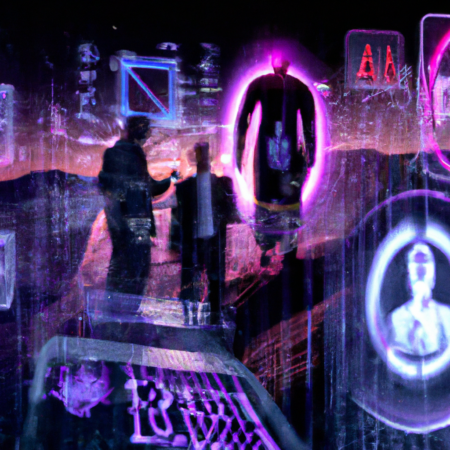Navigating the Future: The Crucial Role of AI Ethics & Regulation in 2025
As we advance deeper into the digital age, the integration of artificial intelligence (AI) in various sectors continues to expand, raising significant ethical and regulatory questions. In 2025, these questions have become more pertinent than ever, demanding robust frameworks to ensure AI technologies are used responsibly and ethically.
Understanding AI Ethics
AI ethics revolves around the moral principles and techniques to manage AI’s societal impact. It addresses issues like bias, privacy, and the potential for AI to perpetuate or even exacerbate social inequalities.
Current Regulatory Landscapes
Globally, nations are at different stages of implementing AI regulations. The EU has been at the forefront with its AI Act, aiming to create a ‘trustworthy AI’. Meanwhile, the USA and Asia are formulating their approaches, focusing on innovation and governance.
The Role of AI Regulation
AI regulation ensures that the deployment of AI technologies adheres to ethical standards and legal requirements, protecting citizens’ rights while fostering innovation.
Case Studies: AI in Action
In healthcare, AI’s role in diagnostics and patient care management illustrates the need for stringent data protection and bias mitigation. Similarly, in autonomous vehicles, ethical AI usage ensures safety and reliability.
Looking Ahead: Ethical AI by Design
The concept of ‘Ethical AI by Design’ advocates for integrating ethical considerations during the developmental phase of AI systems, ensuring these technologies are inherently aligned with ethical norms.
Conclusion
As we continue to navigate the complexities of AI integration, the role of ethics and regulation will only grow in importance, shaping a future where technology and humanity coexist harmoniously.






